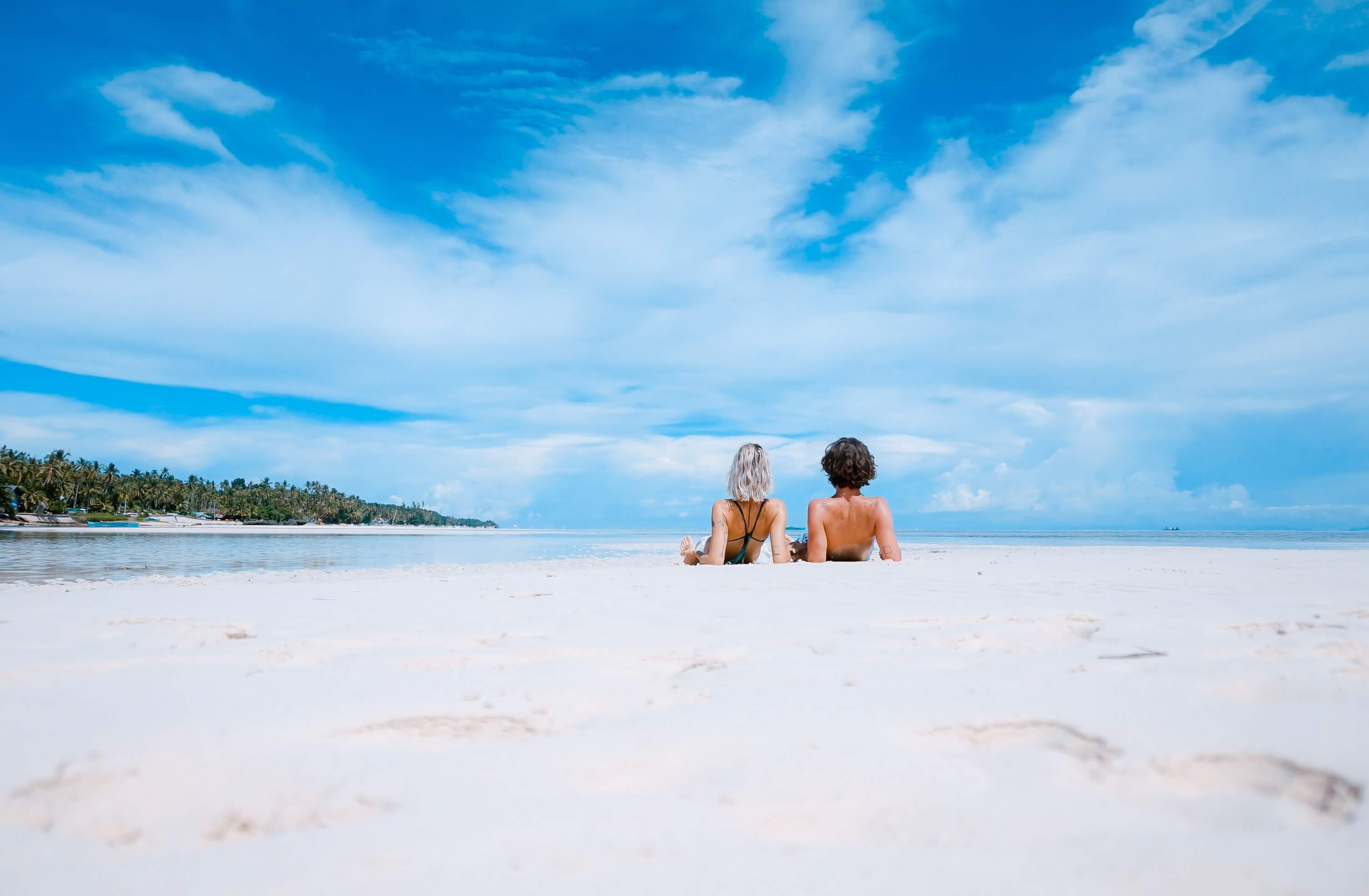


First of all, you should always wear sunscreen. All day. Every day. Even on a rainy day.
But all sunscreens aren’t created equal. You may have heard media coverage on different ingredients in sunscreens that are getting extra scrutiny and even some places where certain sunscreens are now banned.
Hawaii and Key West are two places where certain sunscreen ingredients (oxybenzone and octinoxate) are being banned because of the negative ways they impact coral reefs.
While some industry experts say the connection between the ingredients and coral bleaching isn’t proven, studies including one by the National Oceanic and Atmospheric Administration (NOAA) published in the Archives of Environmental Contamination and Toxicology journal, showed four major toxic effects in early, developing coral.
Both bans – in Hawaii and Key West – don’t actually begin until 2021, but many consumers are making the change now. These two ingredients are pretty common, unfortunately. NPR reported earlier this year that up to 70% of sunscreens on the U.S. market contain oxybenzone, and up to 8% contain octinoxate. These include products sold by Neutrogena, Coppertone, Aveeno, and other major brands.
Wondering what to look for on the ingredients list? The Kohala Center, an independent, community-based center for research, conservation, and education in Hawaii, explains, “If the sunscreen is mineral-based, containing zinc oxide and/or titanium dioxide as active ingredients, you’re good!”
“If the sunscreen lists oxybenzone, avobenzone, homosalate, octinoxate, octisalate, octocrylene, and/or nanoparticles as active ingredients, it’s best to avoid them,” adds The Kohala Center. Because even if you don’t plan on swimming or snorkeling, they say these ingredients can wash off in the shower and be absorbed into your skin, so they could eventually end up in the ocean.
Many of the sunscreens our Vitalogy Skincare Providers recommend for sensitive skin are the same ones that are deemed safe for the reefs, so they aren’t being banned. Some of our favorites include the line of EltaMD®, Revision Skincare®, and SkinCeuticals.
When used with other sun protection measures, sunscreens help prevent sunburn, decrease the risk of skin cancer, and minimize early skin aging caused by the sun. These are formulated with transparent zinc oxide and are noncomedogenic, sensitivity-free, fragrance-free and paraben-free.
Revision Skincare’s sunscreen is formulated with a blend of three peptides – THD Ascorbate (Vitamin C), Green Tea, Pomegranate Extract – and Hyaluronic Acid to brighten skin and reduce the appearance of fine lines and wrinkles so your skin stays healthy and hydrated. It also contains a strong blend of antioxidants.
These sunscreens offer 100% mineral broad-spectrum sunscreen protection and have no chemical filters. They are also paraben-free and non-comedogenic, so they’re ideal for all skin types including sensitive skin.
You can also find a complete list of recommended sunscreens on the Skin Cancer Foundation website, though you’ll want to cross-reference the ingredients on those to stay reef-friendly.
Make an appointment with one of our friendly Licensed Providers or visit one of our locations today to discuss your skin and other sunscreens that may be best for you.
Photo Credit: Toa Heftiba on Unsplash